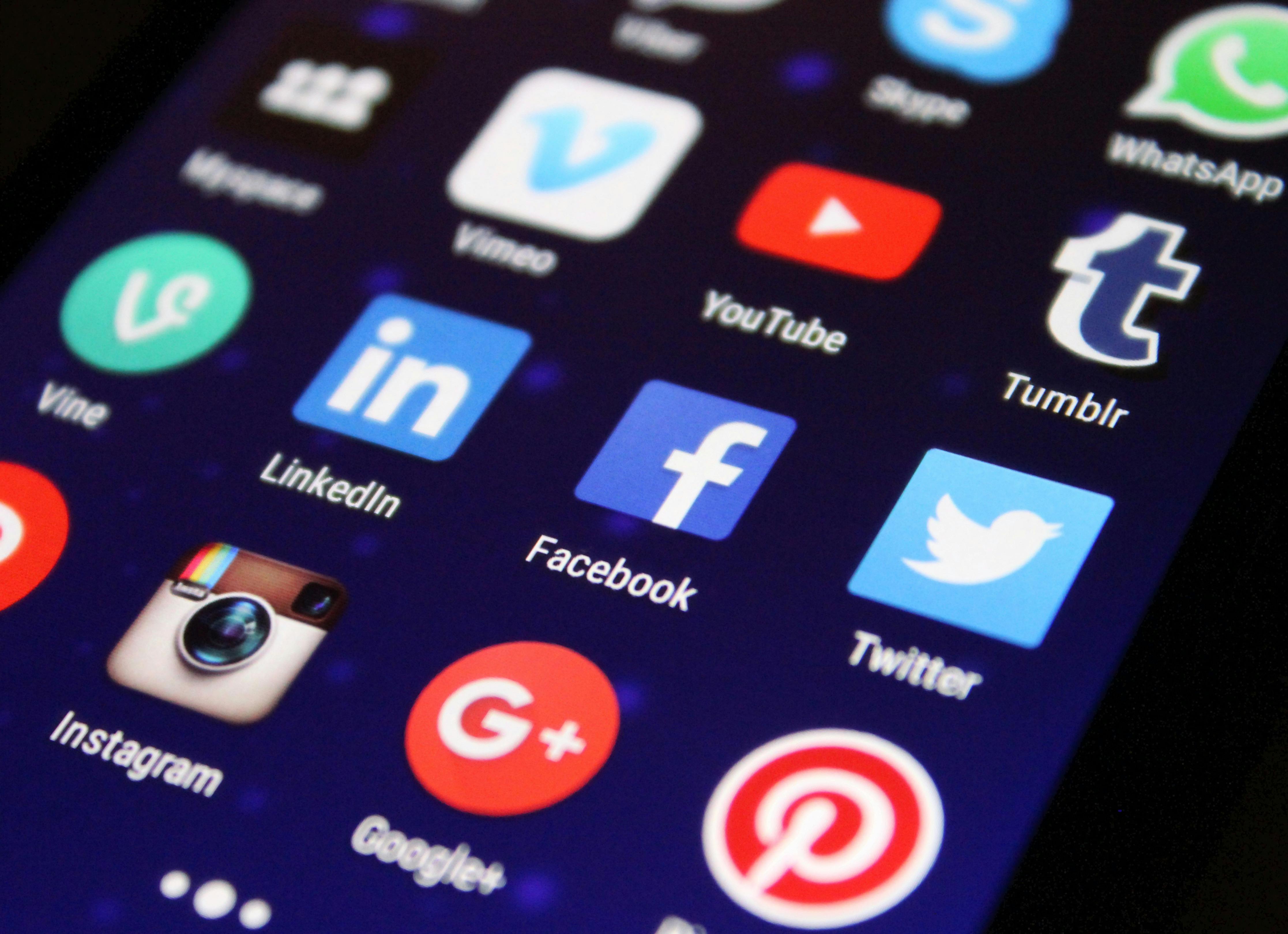The TikTok Ban: What’s at Stake and What the Future Holds
Background on the Ban
The ongoing debate surrounding TikTok, the widely popular social media app owned by Chinese tech giant ByteDance, has reached a boiling point in the United States. The U.S. government has repeatedly expressed concerns that TikTok’s ties to China could jeopardize national security, alleging the app allows the Chinese government access to sensitive data on American users. This makes it likely that soon TikTok could be banned in the US.
The proposed ban, set to take effect next year, would effectively remove TikTok from app stores across the country unless ByteDance divests its ownership to a U.S.-based entity. This escalation is the culmination of years of scrutiny, with U.S. officials arguing that TikTok’s data practices and its connection to the Chinese Communist Party (CCP) pose an unacceptable security risk.
TikTok and ByteDance have strongly denied these allegations, claiming that user data is stored outside of China and that the app operates independently of the Chinese government. In response, TikTok has filed appeals in U.S. courts, arguing that the ban is unconstitutional, violates free speech protections, and unfairly targets a single platform.
Why the U.S. Government Wants the Ban
The crux of the issue revolves around data security and geopolitical tensions. Key concerns include:
1. Data Privacy: Officials fear TikTok could share U.S. user data, including location, browsing habits, and other sensitive information, with the Chinese government.
2. Influence Operations: There are worries that TikTok could be used to spread propaganda or manipulate public opinion in times of political tension.
3. Economic Competition: Beyond security, some argue that targeting TikTok also serves to protect American social media companies like Instagram and YouTube, who directly compete for market share.
The app’s massive popularity—boasting over 150 million American users—has made it both a cultural and political force, complicating efforts to enforce a ban without public backlash.
TikTok’s Response and Legal Appeal
TikTok has mounted a robust legal defense, appealing the ban on several grounds:
• Violation of the First Amendment: TikTok argues that banning the platform amounts to censorship, restricting Americans’ rights to free speech. Courts have previously ruled in favor of similar arguments for other platforms.
• Selective Targeting: TikTok points to the absence of a similar crackdown on other platforms with international ties, arguing that the ban unfairly singles it out without evidence of wrongdoing.
ByteDance’s legal appeal has escalated to the Supreme Court, where a ruling will determine whether the ban holds or if the government overstepped its bounds.
Potential Outcomes
1. ByteDance Sells TikTok to a U.S. Company
The most likely resolution is a forced divestiture, where ByteDance sells its stake to a U.S.-based entity or investor group. This outcome allows TikTok to continue operating in the U.S. while addressing national security concerns.
• Challenges: ByteDance has resisted divestiture, claiming it undermines its business model. Additionally, finding a suitable U.S. buyer willing to pay billions could prove difficult.
2. The Ban is Upheld by the Supreme Court
If the courts side with the government, TikTok could be removed from app stores and eventually inaccessible in the U.S. This outcome would mark a significant shift in internet governance and could embolden further crackdowns on foreign tech companies.
• Impact: A ban would disrupt millions of users and businesses that rely on TikTok for marketing, entertainment, and income. This could also provoke a strong backlash, particularly among younger voters.
3. The Ban is Overturned in Court
If TikTok wins its legal battle, the proposed ban could be struck down, with the courts reaffirming that it violates free speech protections. This outcome would be a significant win for TikTok and could set a precedent for how other foreign apps are treated.
• Impact: This result would force the U.S. government to revisit its strategy for addressing national security concerns without resorting to bans.
What Lies Ahead?
The outcome of this battle will not only determine TikTok’s future in the U.S. but could set a precedent for tech regulation in an increasingly divided global digital economy. If the ban is upheld, it may encourage other governments to similarly target apps owned by foreign companies, fragmenting the global internet further. On the other hand, a victory for TikTok could weaken governments’ ability to enforce data security regulations on international platforms.
For now, the fate of TikTok hangs in the balance, with both sides prepared for a prolonged legal and political fight. As the Supreme Court weighs in, millions of TikTok users, content creators, and businesses are left watching closely—hoping their platform of choice will survive the storm.
Key Takeaway: While a U.S. ban remains plausible, the path of least resistance—a sale to an American entity—appears to be the most likely resolution. This would allow TikTok to continue operating while addressing the government’s national security concerns.
